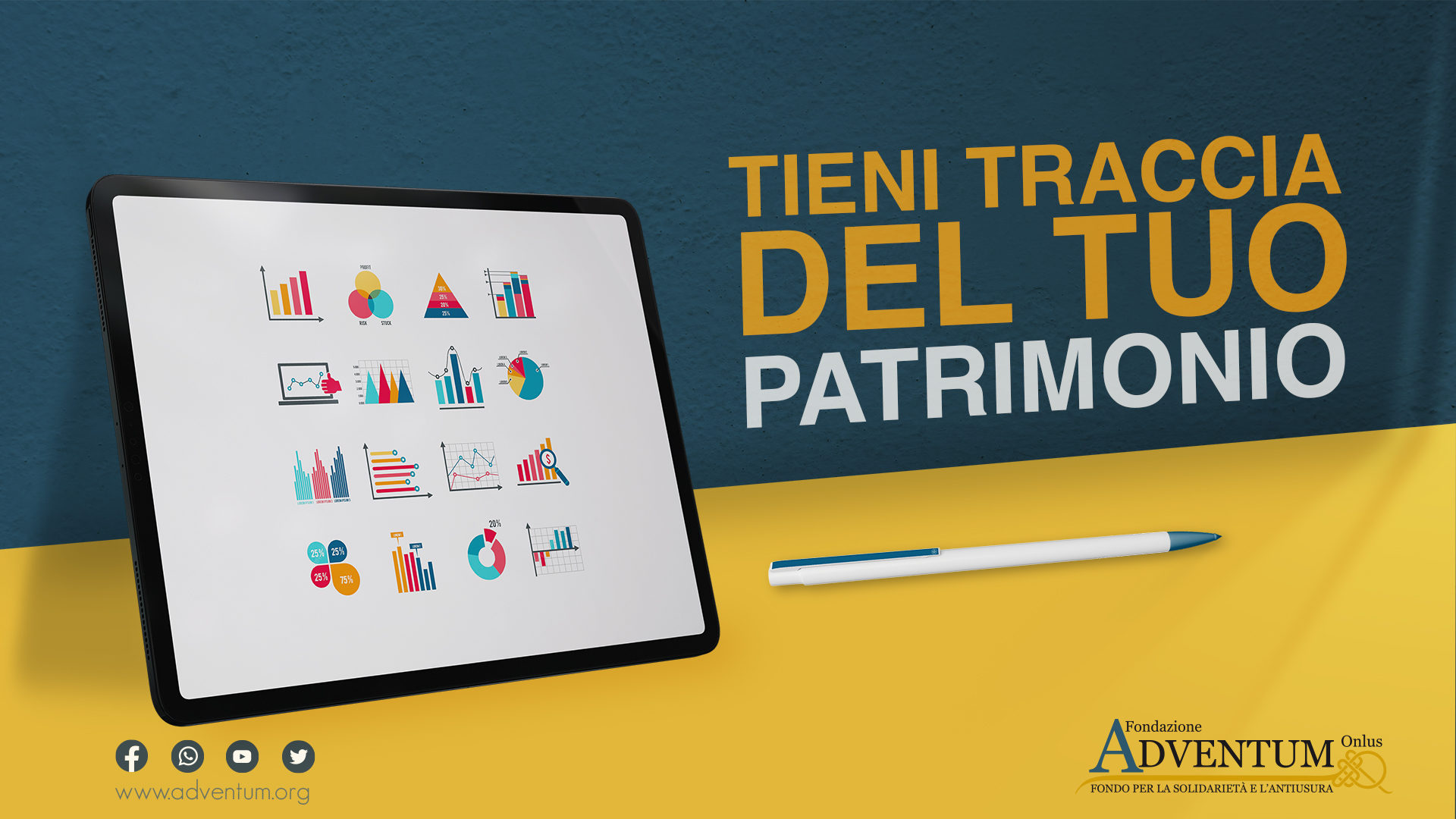The second tip in the column on good financial advice is:
Keep track of your assets.
No doubt it is a very important habit. Keeping track of expenses and income is essential to be aware of one’s finances and to make, accordingly, the best decisions for the future but also for the present.
Monitoring your net worth is an essential step in managing your finances. ur net worth can measure your financial progress, whether you are getting out of debt, building an investment portfolio, or both.
Net worth is the result of all those daily and weekly decisions you make that eventually add up. All of these are reflected precisely in the net worth. Thus, it is the way to measure your financial progress over the course of each year.
We deal with over-indebtedness prevention related to usury risk every day throughlistening, counseling and support. We are approached by employees and retirees who are in a situation of imbalance between income and expenses and cannot pay their debts.
In the video we show you the steps to follow to receive free support.
If you find yourself in a similar situation, please contact us!
Learn about other financial best practices
Good financial advice #07 Set financial goals
Planning is a cornerstone of good financial education and an excellent habit to always be in control of one’s finances. Setting goals, in life as well as in personal finances, is the key to success. Without goals, the road will surely be riskier.
Good financial advice #06 Dedicate 30% of income for personal expenses
Plenty of people suggest using no more than 30 percent of monthly earnings for personal expenses, i.e., travel, dinners out, birthday gifts or subscriptions to gyms, newspapers and more.
Good financial advice #05 Devote 20% of income in savings
A good way to save is to follow the 50-30-20 rule that suggests using 50 percent of income for necessary expenses, 30 percent for personal expenses, and 20 percent for savings.
Follow us on our social media





